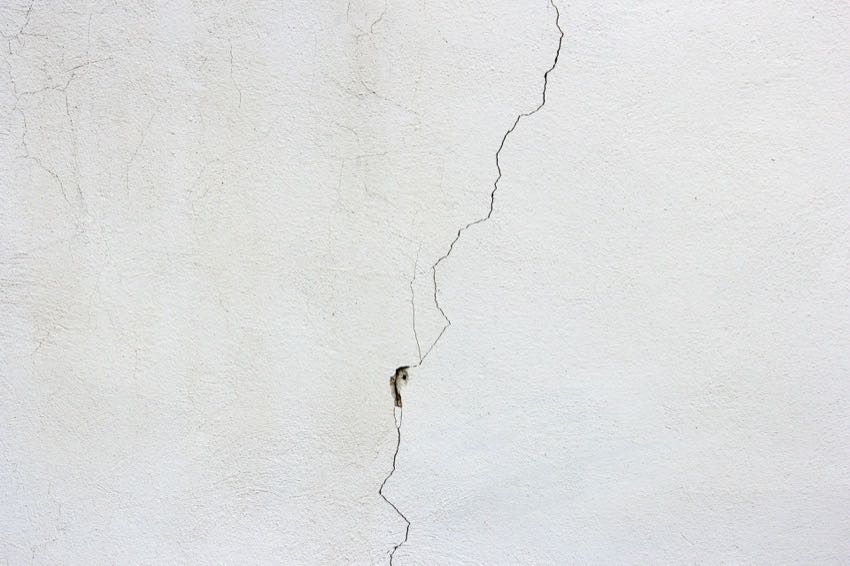Almost everyone is at least loosely aware of the Florida Chinese drywall situation—in fact it’s not just Florida, it’s all over the country. In short, “Chinese Drywall” (which is also sometimes referred to as “Contaminated Drywall” or “Tainted Drywall”) is drywall imported from China between 2004 and 2008 which was shown to emit sulfurous fumes suspected of causing corrosion of electrical wires and plumbing. According to research by the AP, over 500 million pounds of the stuff was brought into the US. The gases the drywall emits over time causes significant property damage, affecting HVAC systems, electrical wiring, copper plumbing, and appliances.
Citizens Property Insurance Corporation is Florida’s homeowners’ insurance safety net. It was created by the Legislature in 2002 to offer property coverage to Floridians without private insurance options. The problem, of course, is that it is now the largest home insurer in Florida. As with all bureaucracies, it grew far beyond its intended design and quickly became the “go-to” insurer when the common carriers decided that a home was too close to the ocean, too old to be insured, or found some other reason why they would opt-out. Now Citizens recently sent non-renewal notices to policyholders who had filed claims for damage because of defective Florida Chinese-made drywall in their homes.
Oops.
The notices specifically state that policies won’t be renewed if the damage isn’t repaired within 6 months of the date of notice. However, the Florida Home Builders Association (FHBA) pointed out that neither the state of Florida nor any governmental entity to date has specified or approved any methods for verifying if indeed a homeowner has remedied the situation or met the requirements for continuation of insurance. Additionally, what is the homeowner expected to do in the time that the work is to take place? According to the FHBA, estimates for replacing drywall and replacing corroded components in a 2,000 sq. ft. home can go as high as $100,000. As many as 36,000 homes in Florida and 100,000 nationwide are thought to contain the imported wallboard.
From the article on HousingZone:
Citizen’s Public Information Manager John Kuczwanski says the insurer must work within the confines of its stated policies. “For any of our policy holders, if there’s any known damage to a structure, we require proof the damage has been remediated. That could be anything related to the structure,” he says, noting that there are several minor differences with the drywall.
“Think about it in terms of roof repair or any other home repair. In this case, corrosion leads to a likely future claim for what is known as a ‘peril’, such as fire or a water leak. We consider the drywall issue to be a builder defect,” says Kuczwanski. “Citizens knows that it’s a very unfortunate situation. And people are attempting to find ways of becoming whole again. Unfortunately we have to work within the confines of our policies.”
“If we see multiple policy cancellations, I have a feeling there will be government intervention,” Fitzsimmons says. “I think there will somehow be away for the big insurance companies to amend their policies. But it’s been a perfect storm from (Hurricane) Katrina to the downturn to the drywall.”
Citizens Insurance is claiming to review each policy on a case-by-case basis, however, they don’t feel that insurance should have to replace the drywall or make subsequent repairs. The trouble with this is that most contractors cannot possibly remedy entire neighborhoods worth of homes since it would quickly put them out of business. To nail down this point, there are currently 12 class-action lawsuits in 33 states.
Meanwhile, the manufacturers and suppliers of Florida Chinese drywall are being investigated by federal and state agencies in Florida and other states.



